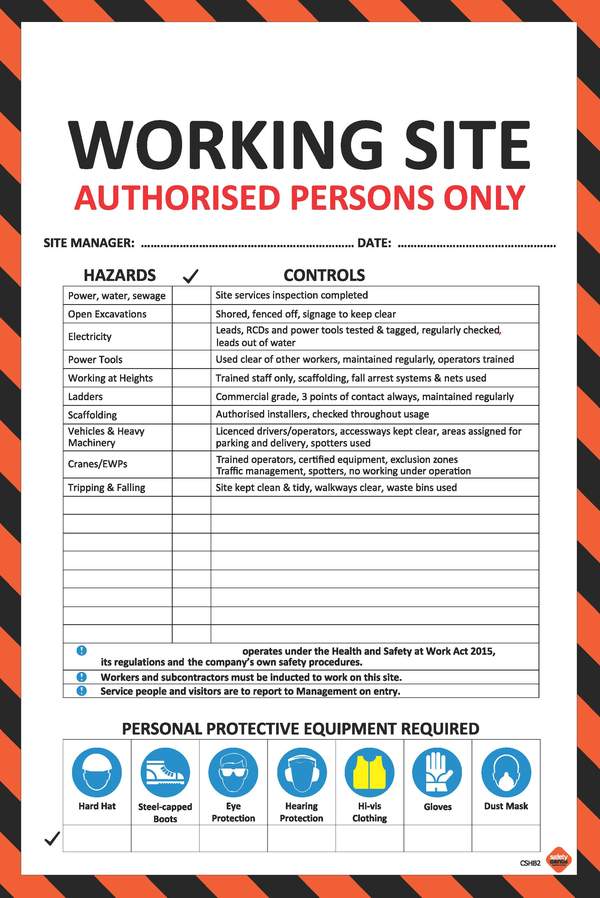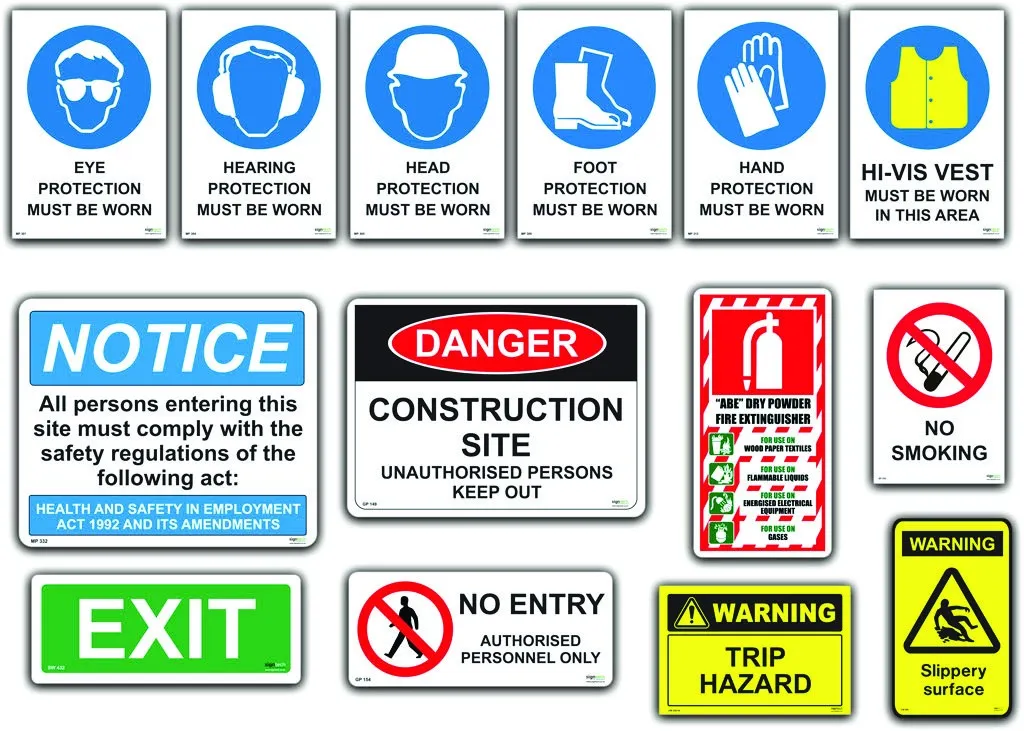Table of Contents
Just before we went into lockdown, I heard how the Department of Health was recruiting retired health workers. Most of these people had allowed their registrations to lapse, but the Health Department was able to deal with that. It seemed that they were able to effect the re-registrations in most cases within 5 days, to get experienced workers back on the front line.
I was impressed. It shows what can be done when needs must. And I made the mistake of thinking that this new can-do approach would apply once we came out of lockdown, to get the economy working again.
What a naive fool I can be sometimes.
A construction company director in this excellent guest post on The BFD is frustrated that, having spent over 4 weeks in lockdown, his industry is now saddled with extra rules and regulations to keep building sites clean and hygienic, and to allow social distancing by workers. To put it mildly, it is going to be a nightmare. You can read the full set of regulations from MBIE here, but let’s discuss the worst of them from a common-sense perspective, which is something that has been completely overlooked here.
Hazardco suggests each person on site fills out a form each day. Many site workers have low levels of literacy, so reading and understanding a document such as this is impossible. So they simply won’t do it. If they don’t, the construction company may be hit with a fine. Remember, these new rules are over and above current Health and Safety regulations. Representatives from the head contractor cannot be everywhere at once, so these things will not get done. This will cause enormous problems.

Most sites will already have a temporary source of water for the workers, or 20 litre containers of water if nothing else is available. Site managers can provide soap, paper towels and hand sanitiser, but being forced to purchase washing stations is an expense they simply do not need right now. Cleaning the toilets every day is a big ask, and probably will not get done. Site workers will have more important things to do, and cleaning contractors are neither cheap nor readily available. Remember that people who are symptomatic, have tested positive for COVID-19, are immunocompromised or in a high risk group will not be allowed on site, so the risks of infection are reduced already. To enforce daily cleaning of toilets, plus of all areas that are touched frequently, such as door handles, scaffold hand rails and sign-in stations is extreme, and probably will not get done.
Trying to limit the number of people on site and enforcing social distancing is also going to be problematic. Most construction workers have PPE such as masks and gloves, along with hard hats and steel capped boots, but it makes no difference. Site managers will have to stagger out their tradespeople, such as plumbers and electricians. This is likely to become a logistical nightmare, and will result in projects taking much longer to complete than normal. As most construction contracts are invoiced at the completion of each stage, this is going to have an adverse effect on cashflow… and this is where the problem really starts.
All construction workers have been in lockdown for nearly 5 weeks. They have had little or no income for all of that time. Everyone is going to want to get paid immediately, but thanks to the extra regulations, that won’t be easy. At a guess, for most construction workers, they will be doing well to start getting paid by the end of May. That is a whole 2 months without income. Contrary to Deborah Russell‘s belief that most business owners have, or should have months of cashflow up their sleeves, that is rarely the case. Some really good operators do, but even they will struggle to pay all of their bills for 2 months without income. And the last time I looked, there was no section in the average business plan for dealing with a pandemic. These are unprecedented times.
This is where everything will start to tip over. Tourism is gone for the foreseeable future. The hospitality trade is on life support. The movie industry is in limbo. International education has taken a body blow. And now, the construction industry, with its tight margins and short cash cycles is going to see a number of failures. When building companies start to fall over, the economy is in trouble. It happens in every recession, and it is about to start happening again.
These ridiculous regulations are not the only reason that things will go badly for construction, of course, but it is one more thing to add to the cycle of woe. Once again, the academics, civil servants and MPs like Deborah Russell simply cannot see beyond their books of regulations to understand how things work in the real world. They just never realise the damage that they are doing. This latest raft of bureauspeak may be the straw that finally breaks the camel’s back. It isn’t going to do any good, that is for sure.
If you enjoyed this BFD article please consider sharing it with your friends.









